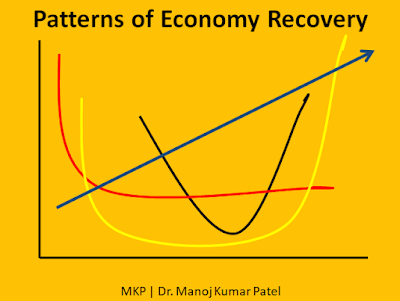Heroines' heroin
The molecular
formula, the chemical structure, and the nature of heroin are as complicated as
human nature, and structure; but it is now found that the heroin is
overpowering heroines (and heroes too, maybe) in reel as well as in real lives
by influencing their brains, and neurons. The overpowering of heroin is
reshaping minds and matters of individuals as well as society in the vicinity,
near and far. The shape of things in the Bollywood (Mumbai Cine town) at
present; and as it is evolving; taking hitherto assumed to be role models for
millions is getting revealed menacingly. Thanks to the news on television
channels, we are coming to know about the unpalatable facts coming out from the
individuals associated with the so-called silver screens.
When
heroin, oxycodone, or any other opiate travels through the bloodstream to the
brain, the chemicals attach to specialized proteins, called mu-opioid
receptors, on the surfaces of opiate-sensitive neurons (brain cells). The
linkage of these chemicals with the receptors triggers the same biochemical
brain processes that reward people with feelings of pleasure when they engage
in activities that promote basic life functions, such as eating and sex.
Opioids are prescribed therapeutically to relieve pain, but when opioids
activate these reward processes in the absence of significant pain, they can
motivate repeated use of the drug simply for pleasure.
One
of the brain circuits that is activated by opioids is the mesolimbic (midbrain)
reward system. This system generates signals in a part of the brain called the
ventral tegmental area (VTA) that result in the release of the chemical
dopamine (DA) in another part of the brain, the nucleus accumbens (NAc). This
release of DA into the NAc causes feelings of pleasure.
Other areas of the brain create a memory. It associates the good
feelings with the circumstances and environment in which they occur. The venue
and group of members in the venues thus are compulsive sort of things (conditioned
associates). In the early stages of abuse, the simulation of the
brain's reward system is one of the primary reasons for some people to take
drug repeatedly. Often, the compulsion to use opioids builds over time to
extend beyond a simple drive for pleasure. This stage is related to - tolerance
and dependence.





Creative disorder created by heroin for heroines.
ReplyDelete